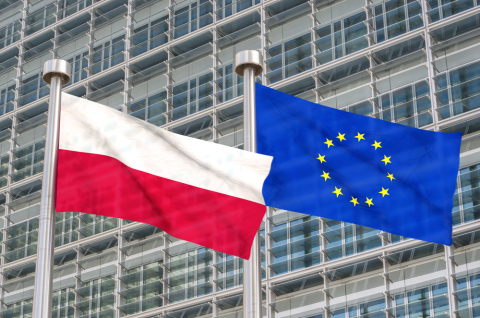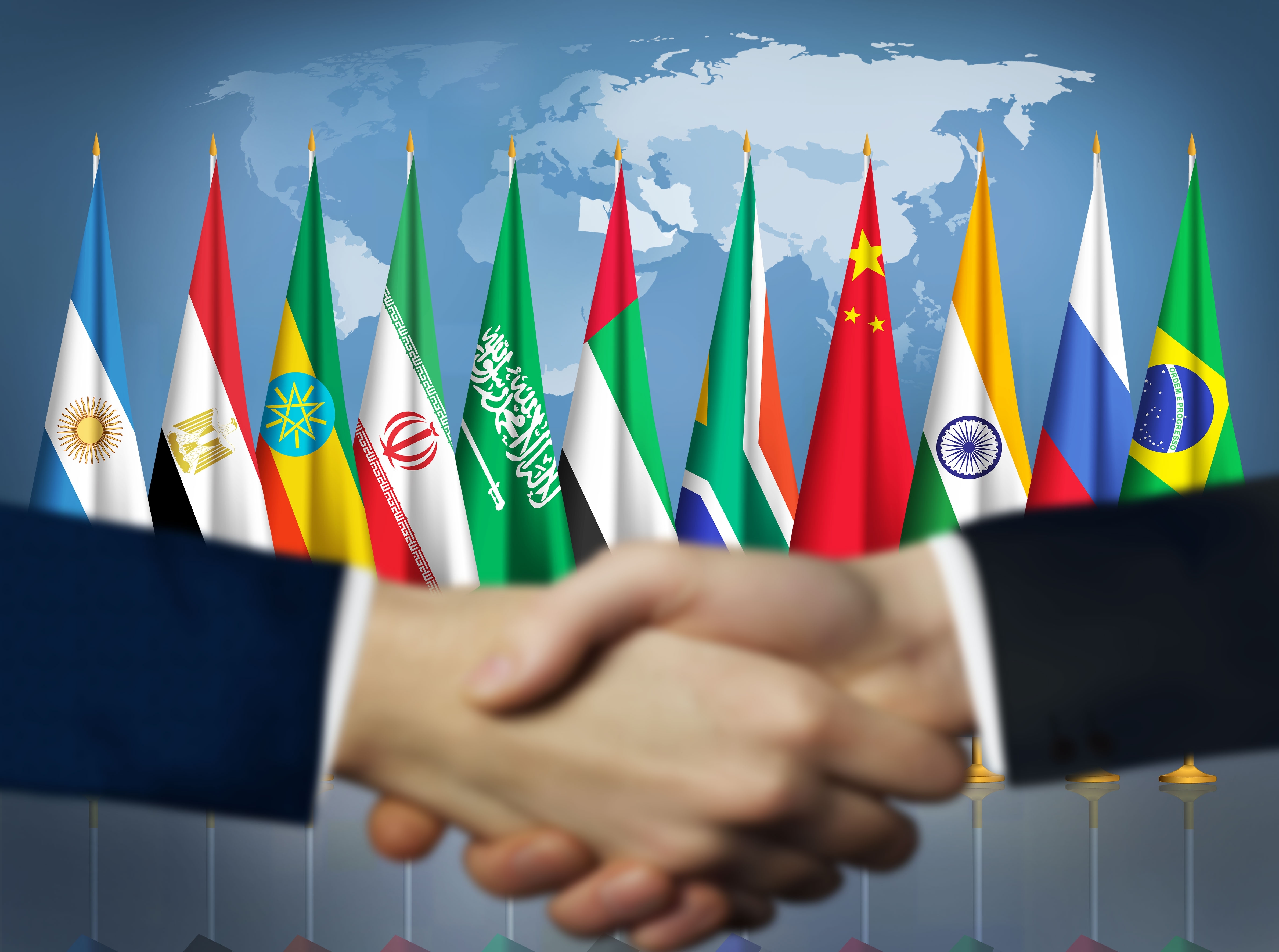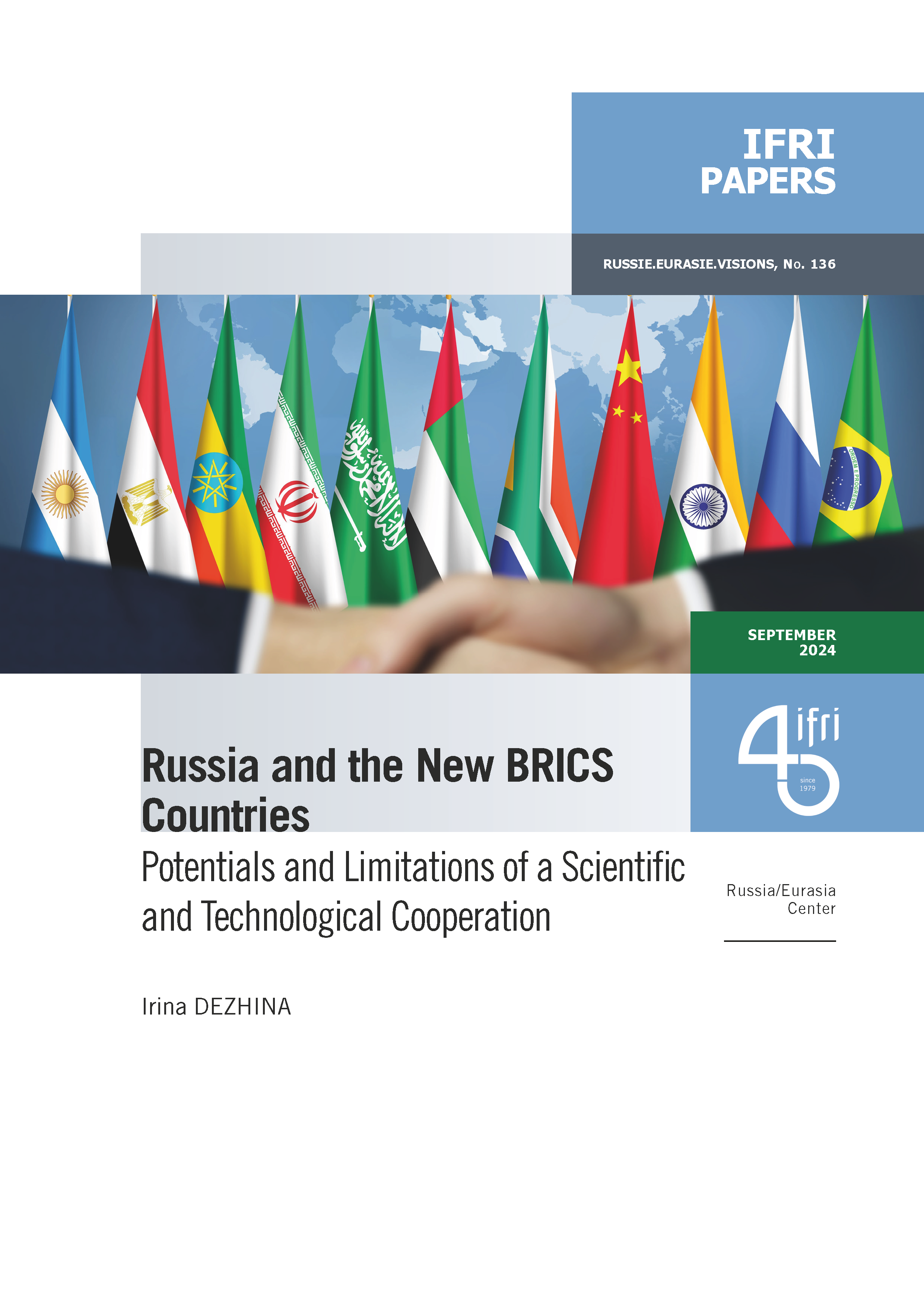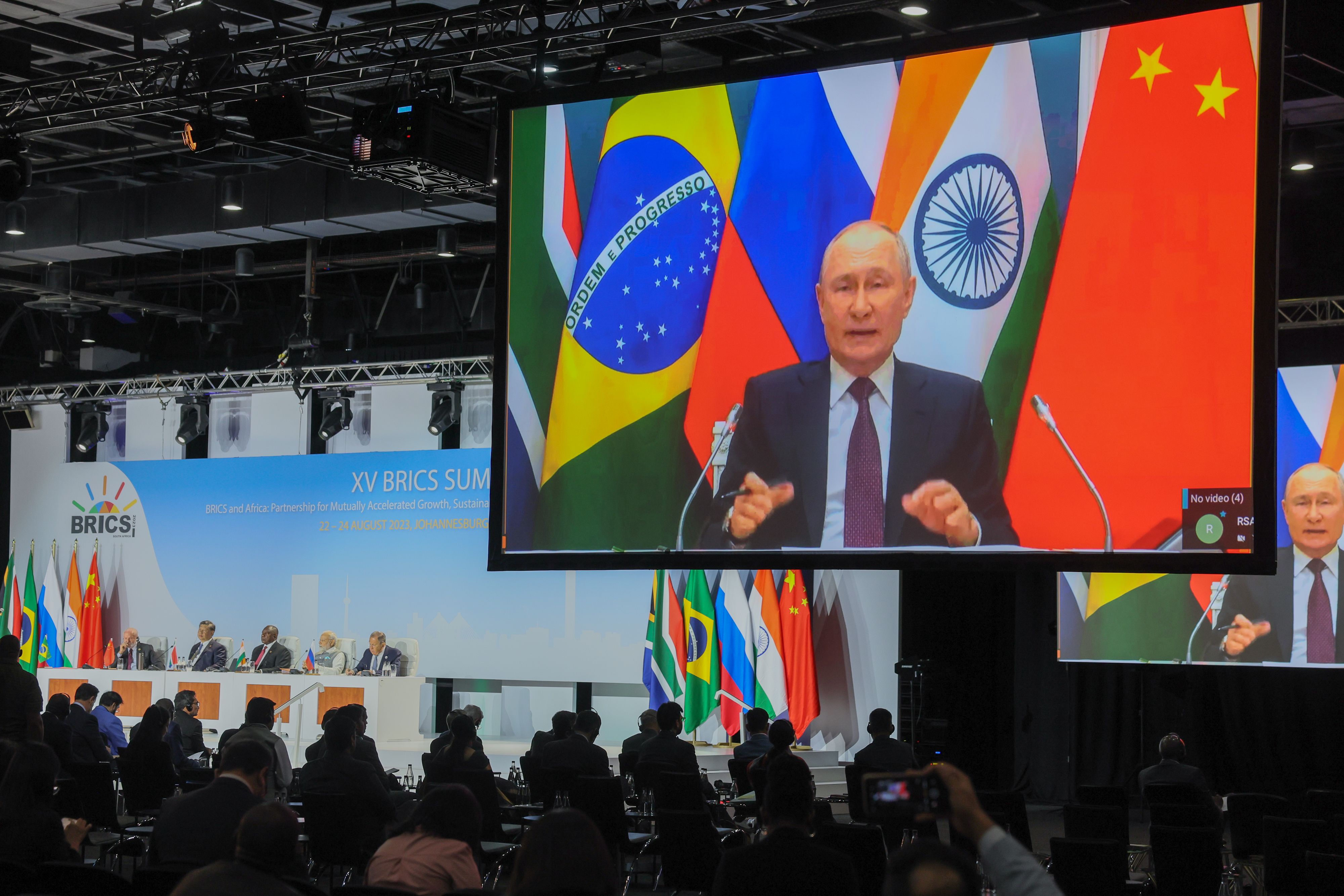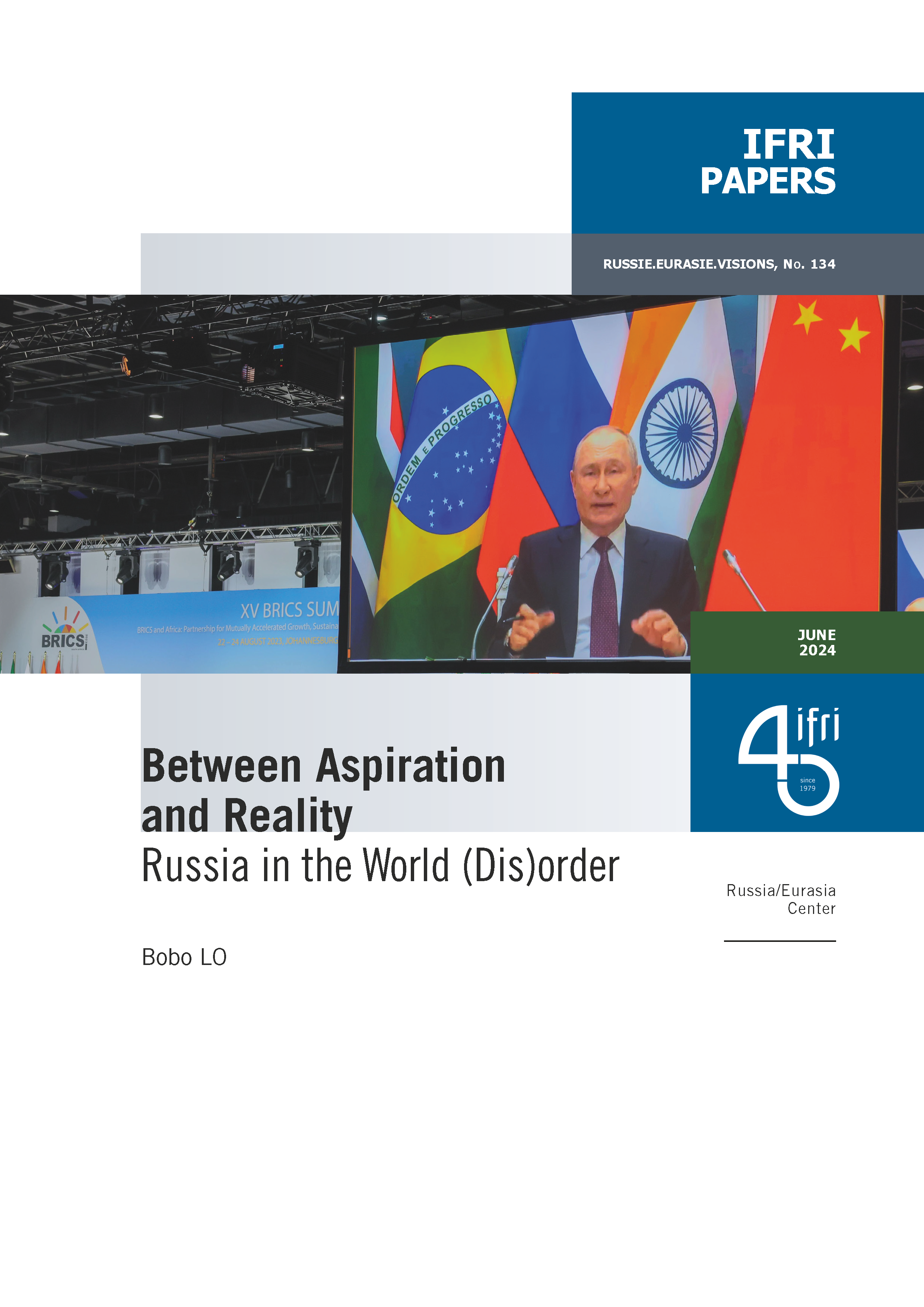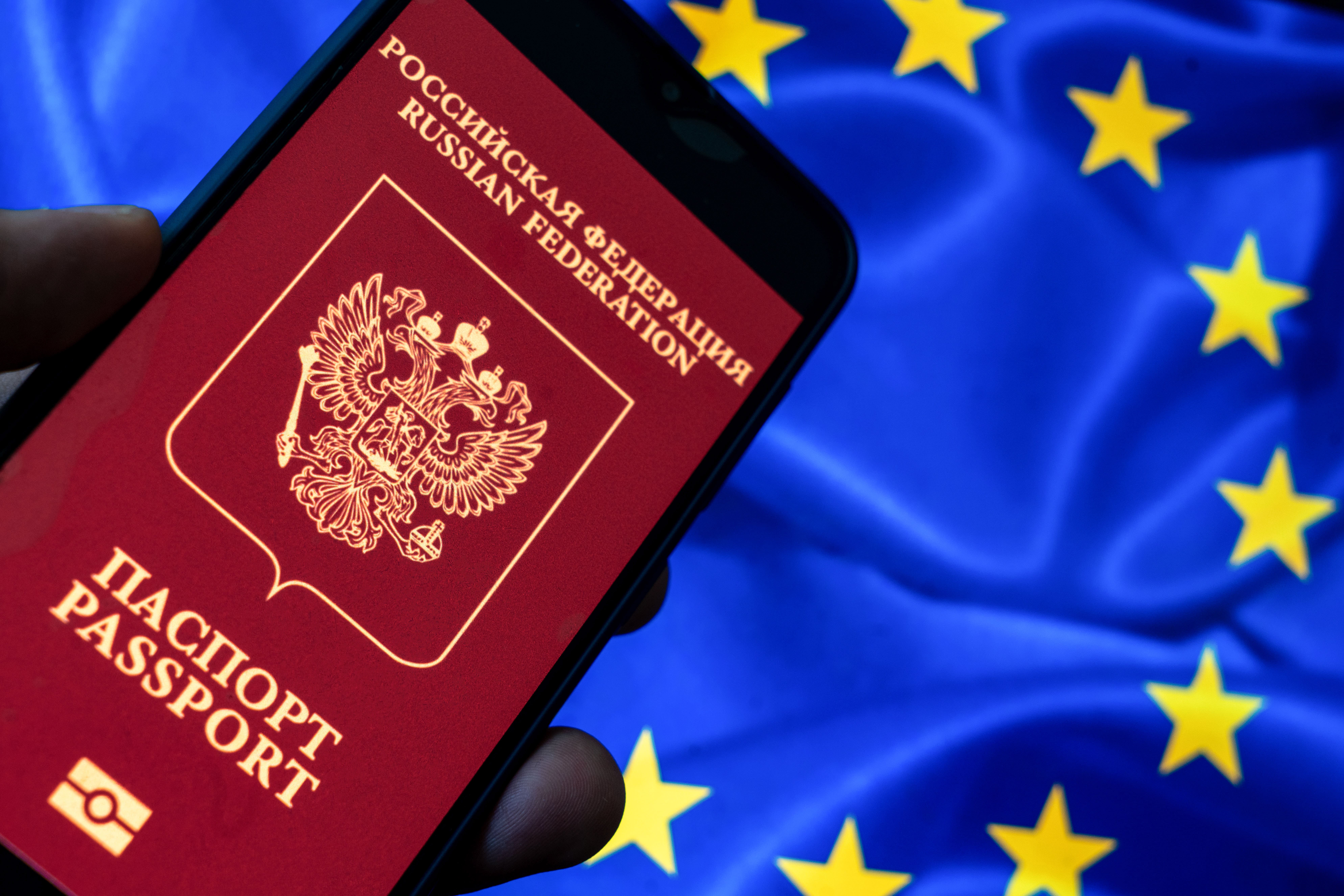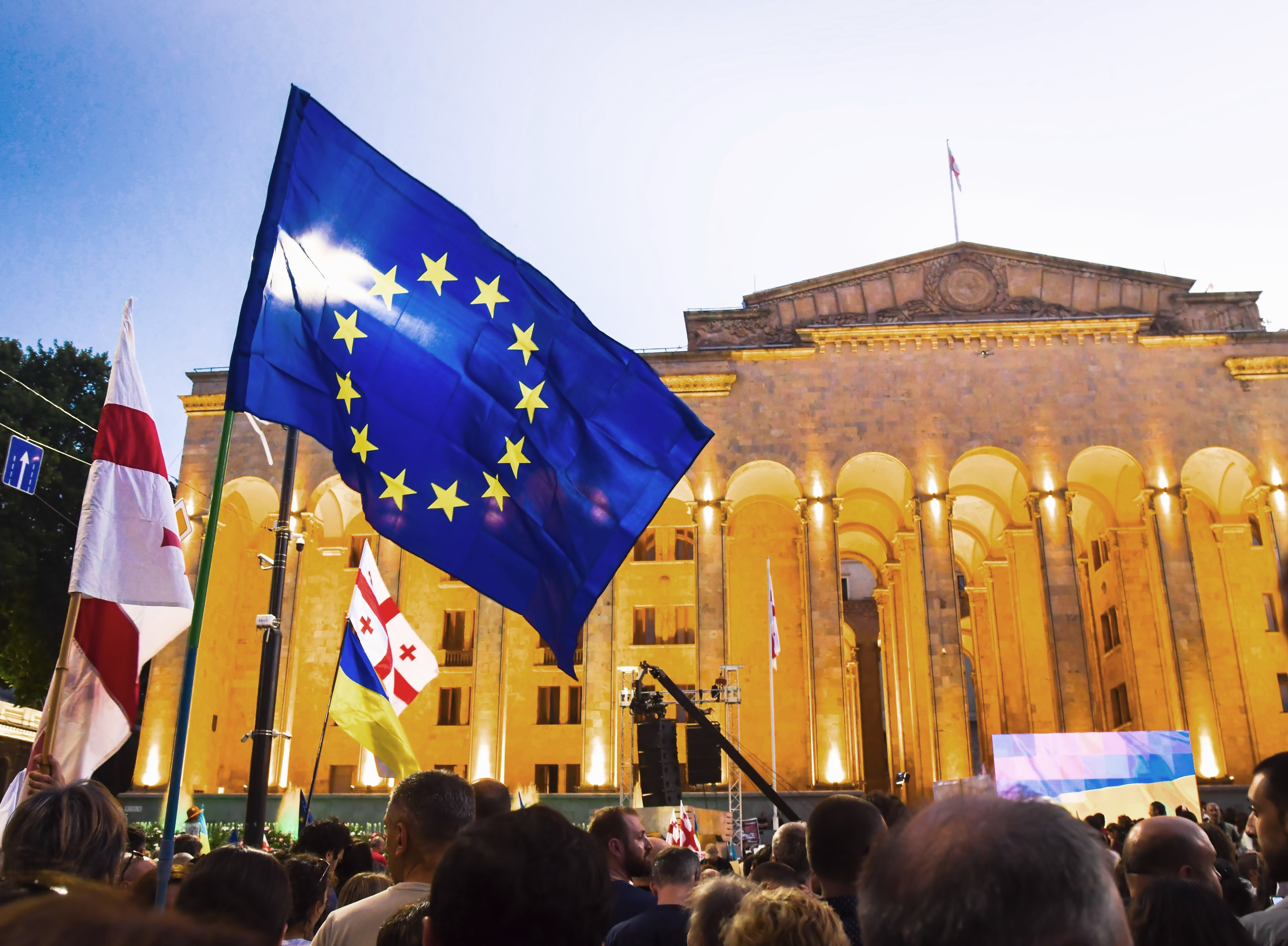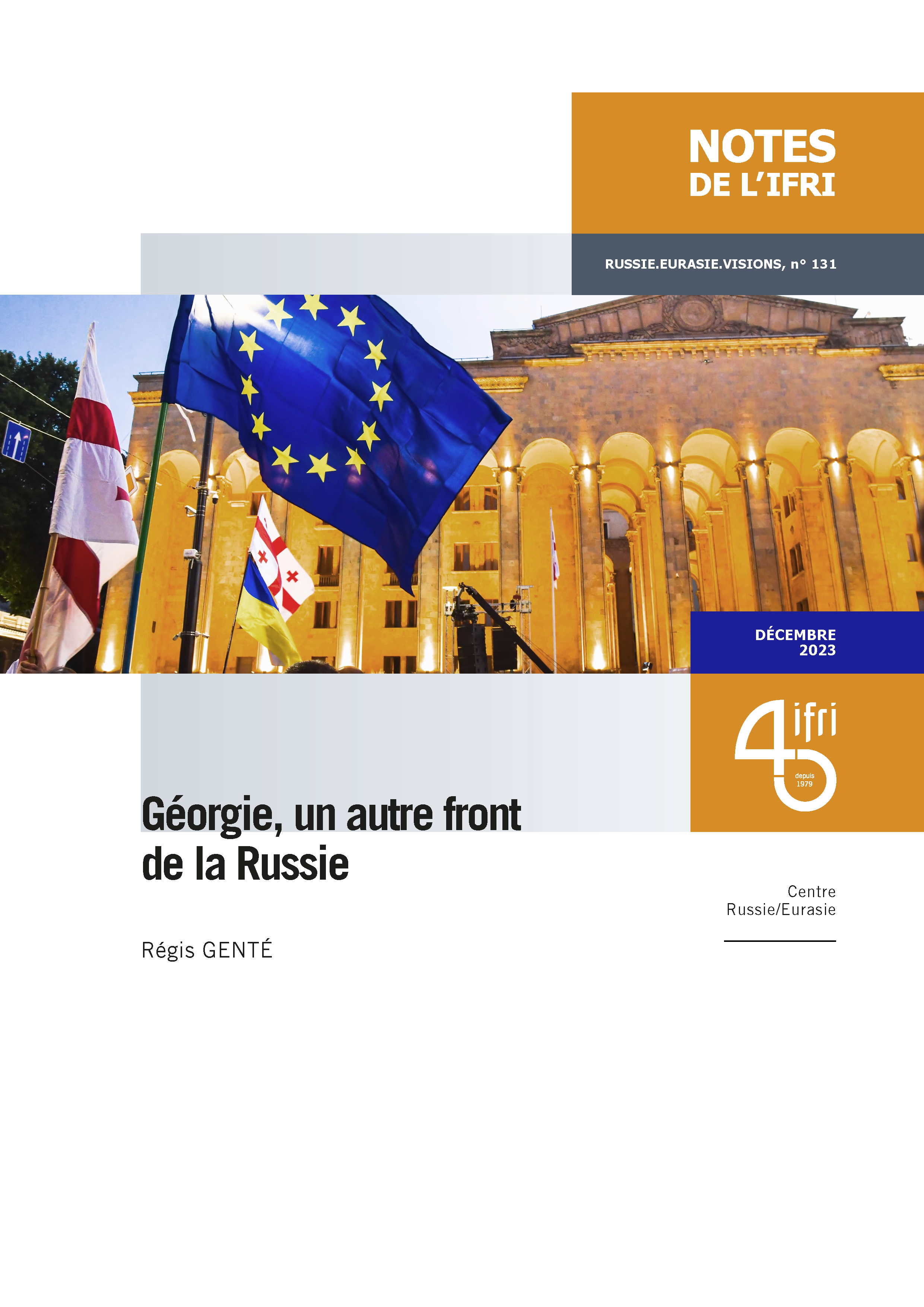Russia/Eurasia Center
Founded in 2005 within Ifri, the Russia/Eurasia Center conducts research and organizes debates on Russia, Eastern Europe, Central Asia, and the South Caucasus. Its goal is to understand and anticipate the evolution of this complex and rapidly changing geographical area in order to enrich public discourse in France and Europe and to assist in strategic, political, and economic decision-making.
Read more


Director of the Russia/Eurasia Center, Ifri
Publications
See all our interventions
Flagship Publications
Titre Bloc Axe
Research Areas
See all our interventions
Titre Axe de recherche
Russian Economy and Society
The Economy and Society research axis within Ifri's Russia/Eurasia Center is interested in economic questions including the impact of Western sanctions on the Russian economy as well as the evolution of society (demography , middle classes, youth, education, opposition, militarization, protest movements, etc.).

Titre Axe de recherche
Russian Domestic Politics
The Domestic Politics research axis within Ifri's Russia/Eurasia Center analyzes Russian domestic politics, the evolution of the political system and its elites, as well as their relations with society.
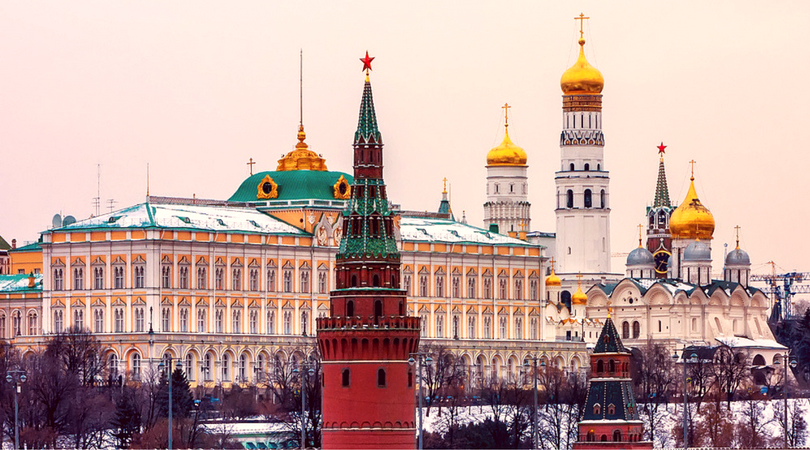
Titre Axe de recherche
Russian Foreign Policy and Defense
The Foreign Policy and Defense research axis within Ifri's Russia/Eurasia Center examines Russia's relations with the former Soviet republics and the rest of the world, particularly the West and China. A specific importance is given to defense and security issues.
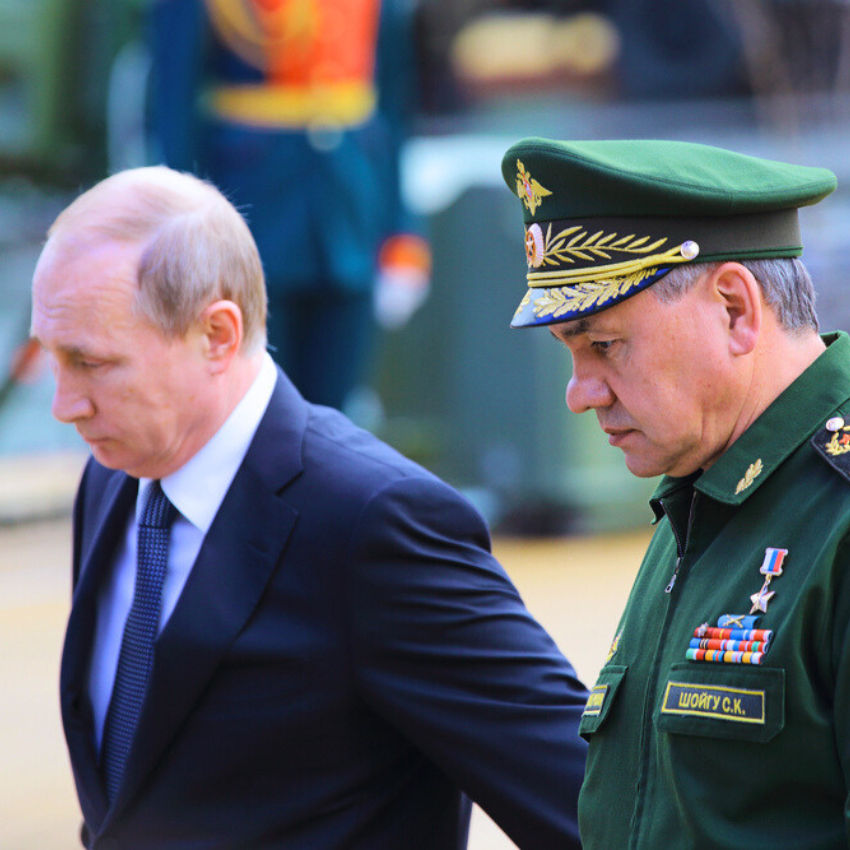
Titre Axe de recherche
Eurasia
The Eurasia research axis within Ifri's Russia/Eurasia Center analyzes internal developments in Ukraine, Moldova, Belarus, Georgia, Armenia, Azerbaijan, Kazakhstan, Uzbekistan, Turkmenistan, Tajikistan and Kyrgyzstan, as well as their relations with the Russian Federation and other regional and global powers.
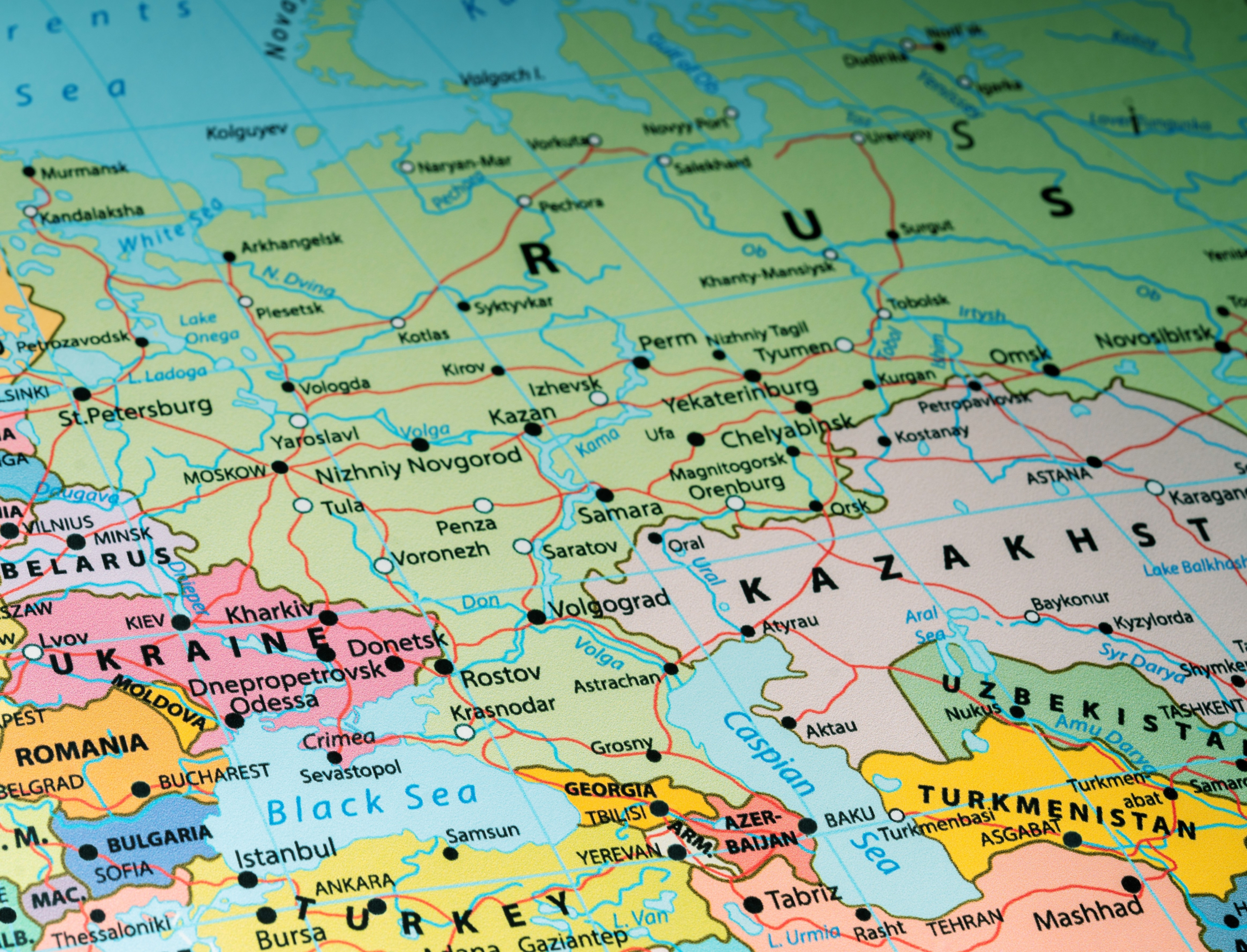
Publications
Russia: Youth and Politics
Young people are the most politically active and impulsive part of any society.
Rosneft, Gazprom and the Government: the Decision-making Triangle on Russia's Energy Policy
Russia finds itself exposed to many risks in the fast-moving global revolution in energy affairs, and cannot avail of its opportunities despite its unique combination of natural resources and experience in their exploitation. It has entered the phase of economic stagnation, and the under-performance of the energy sector is one of the key determinants of the durability of this trend.
The EU, Russia and the Eastern Partnership: What Dynamics under the New German Government?
The Eastern Partnership summit in Vilnius in November 2013 demonstrated that the European Union’s policy toward its eastern neighbors has developed into a highly contentious issue between the EU and Russia.
Russia's Eastern Direction - Distinguishing the Real from the Virtual
The Asia-Pacific region has assumed primary importance as a center of global politics and economic dynamism. For Moscow, this development highlights a world in which many long-standing assumptions about international politics are being overturned. It speaks of “global power … shifting to the East,” and of Russia becoming involved in the “dynamic integration processes in the ‘new Asia".” But for all the rhetoric about a “turn to the East”, Russia’s commitment to serious engagement with the Asia-Pacific is uncertain. Its elite retains a strongly Western-centric world-view, even as it criticizes Western shortcomings.
The Influence of the State on Expanding Russian MNEs: Advantage or Handicap?
Government influence is crucial for the international operations of firms in emerging economies. However, these firms have varied experience of government interventions: some benefit more, some less, while the government roles vary among countries and industries.
Russian LNG: The Long Road to Export
On 1 December 2013 a law on the export liberalization of liquefied natural gas (LNG) came into legal force in Russia. The law allows some categories of companies other than Russia's state gas giant Gazprom and its subsidiary companies to have LNG export rights.


Japan-Russia: Toward a Strategic Partnership?
Do the peace talks between Japan and Russia, reopened in March 2013 by Shinzo Abe and Vladimir Putin, have any chance of success? A window of opportunity has indeed opened for an historic rapprochement between Russia and Japan.
Afghanistan after 2014: The Way Forward for Russia
It may appear that Russia is equally dissatisfied with both Western security’s presence in and its departure from Afghanistan planned for 2014, but whether the Western withdrawal is seen as more of a gain a loss depends on how Moscow itself assesses and balances its own security concerns in the region: instability, extremism and narcotics.
The Team

Our research fellows: Russia/Eurasia Center
Support independent French research
Ifri, a foundation recognized as being of public utility, relies largely on private donors – companies and individuals – to guarantee its sustainability and intellectual independence. Through their funding, donors help maintain the Institute's position among the world's leading think tanks. By benefiting from an internationally recognized network and expertise, donors refine their understanding of geopolitical risk and its consequences on global politics and the economy. In 2024, Ifri will support more than 70 French and foreign companies and organizations.





